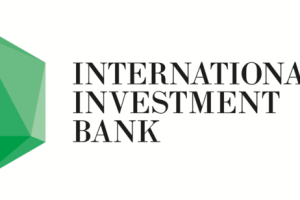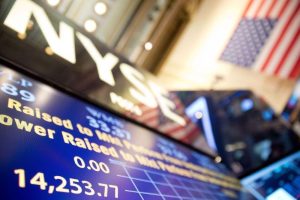Alătură-te comunității noastre!
Vezi cele mai recente știri & informații din piața de capital

Large Asset Managers such as Fidelity and T. Rowe Price have been increasingly investing in unlisted startups, and it appears that over 50% of other mutual fund companies surveyed by Deloitte in 2022, held unlisted shares in their portfolios, up from over 30% in 2014.
Differentiation may be a wise move, but given the extra risks of private stocks, more transparency is required when dealing in such esoteric assets that are priced using estimates, rather than live quotes. This issue can make them poorly suited to investment vehicles that offer daily liquidity, as they can be hard to sell.
That could create tantamount problems if investors yank their funds suddenly and Investors may have an extra incentive to withdraw money if they think managers’ valuations are overly optimistic. In some cases, however valuations for some private companies have held up better than listed ones.
Take the $39 billion Fidelity Blue Chip Growth Fund. The value of its public equities declined by 42% in the year to July, but its unlisted holdings were worth roughly the same, at roughly $1.4 billion, according to Morningstar data and Breakingviews calculations. The fund’s share of unlisted companies rose from 2.2% to 3.7% in that period.
Meanwhile, Baron Partners Retail fund tripled the number of shares it holds in Elon Musk’s rocket company SpaceX in the first six months of the year, according to Morningstar data. As of end-June, SpaceX alone accounted for over 9% of the fund’s $6.9 billion net asset value.
Sure, fund groups have always found ways to manage the risks. Most keep the proportion of private assets in their funds far below the 15% cap imposed by U.S. regulators. Managers also value stocks using prices for similar public companies, or have their valuations checked by third party committees. Fidelity and T. Rowe Price say they update their private company valuations regularly.
In any event, private company valuations aren’t always consistent, which may confuse investors.
Take Epic Games, held by the Fidelity Advisor Growth Opportunities fund. The fund increased its valuation for the “Fortnite” game maker by 2% in July from the beginning of the year, according to Breakingviews estimates. Yet ApeVue, which provides prices for startups based on private market trades, reckons the company’s shares were worth 47% less than their January level at the end of July.
More transparency would help. Managers could disclose what multiples and peers they use to value companies or provide more detail on the independent committees that check and ratify these valuations. That may help keep investors ever faithful.









Vezi cele mai recente știri & informații din piața de capital